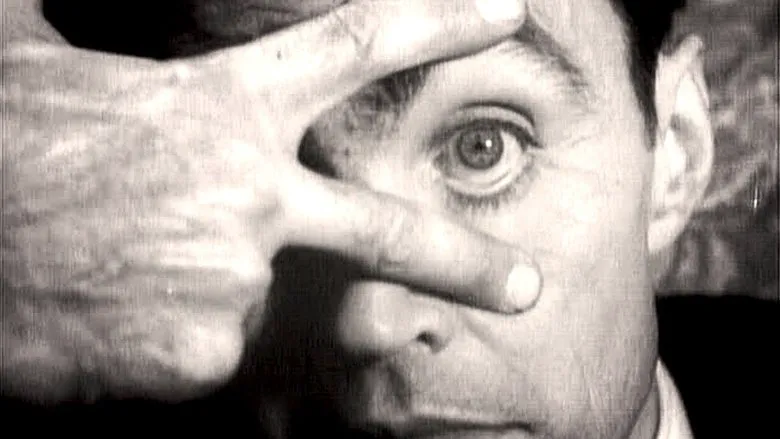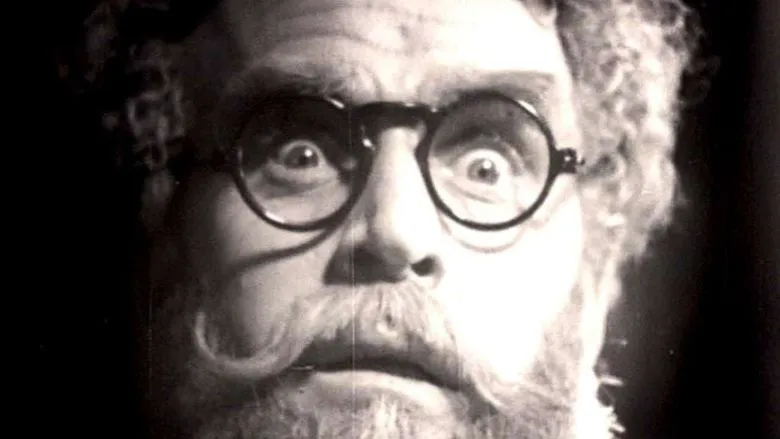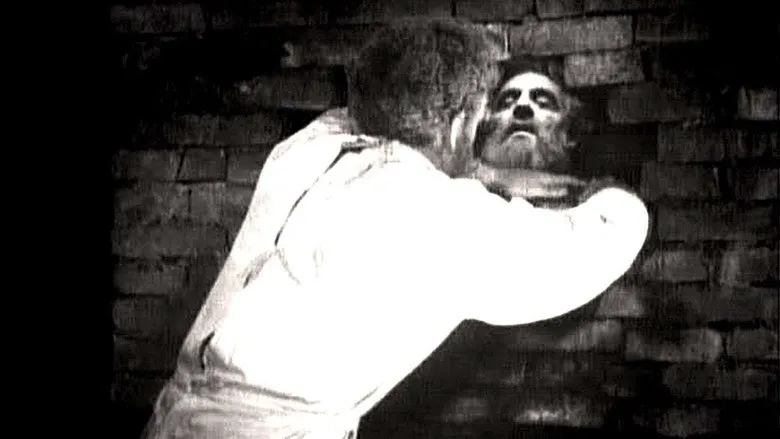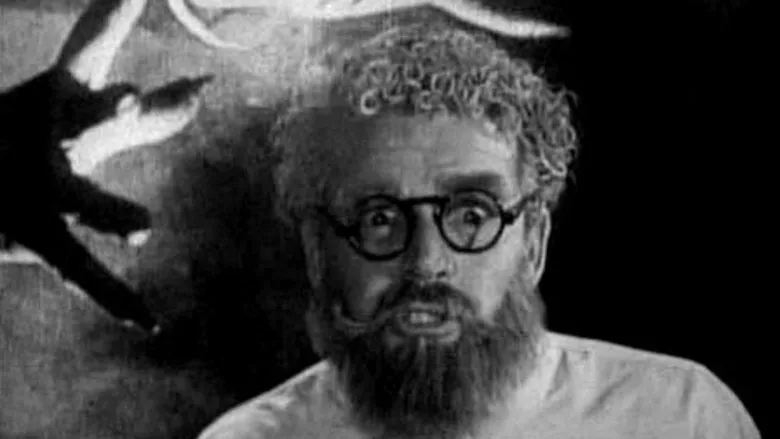Maniac: A Provocative Journey into the Depths of Dreams and Reality
Prepare yourself for a viewing experience that transcends the ordinary, demanding and ultimately rewarding repeat visits. “Maniac” is more than just a mini-series; it’s a meticulously crafted psychological odyssey that unfolds in layers, each rewatch revealing new facets and nuances you might have missed before.
At its core, the narrative introduces us to two profoundly complex individuals: Owen Milgrim and Annie Landsberg. Owen, hailing from New York’s elite, grapples with debilitating schizophrenia and harbors a messianic conviction that he is destined to save the world, a belief that isolates him even within his privileged life. Annie, on the other hand, is adrift in unemployment, haunted by unresolved grief over lost loved ones, and deeply consumed by an addiction to illicit pharmaceuticals. Their disparate, yet equally desperate, paths converge when they both volunteer for a groundbreaking, three-day pharmaceutical trial conducted by a mysterious Biotech company. The promise is alluring: an experimental drug designed to resolve all of their deep-seated traumas and psychological burdens without the need for traditional psychotherapy. But as is often the case with such enticing propositions, the unspoken question looms large: what if something goes terribly wrong? The answer to that question forms the very fabric of this engrossing series.

A profound voice-over guides us into this enigmatic world, setting the philosophical stage for what’s to come: “Hypothesis: all souls strive to connect with their soulmates. Corollary: our minds are unaware of this striving.” This ethereal preamble, invoking notions of “cosmic orgies” and the boundless potential of human connection, serves as both an intriguing warning and an invitation, preparing our consciousness for the unique frequency this show operates on. It suggests a deeper connection at play, far beyond the confines of the experiment itself.
Navigating the Kaleidoscope of Consciousness
The initial episodes of this ambitious mini-series, helmed by the visionary director Cary Fukunaga, known for his compelling work on “True Detective” (Season 1) and “Beasts of No Nation,” are designed to be quite disorienting. Viewers might find themselves adrift in a sea of questions: What exactly is happening? Who are these enigmatic characters, and what are their bizarre motivations? What era are we in, with its retro-futuristic aesthetic? And from where did this peculiar concept of an “ad buddy” emerge?
However, the key to unlocking “Maniac” lies in surrendering to the initial confusion. Persistence is richly rewarded. As you push past the perplexing opening, typically around the third episode, the narrative pieces begin to miraculously fall into place. The answers, generously delivered, start to form a mosaic, gradually revealing a picture that is almost certainly far more intricate and surprising than anything you might have initially conceived.

Fukunaga’s approach to exploring the subconscious and dreamscapes bears a unique signature. One could argue he takes inspiration from, and perhaps even refines, the cinematic language of dream architects like Michel Gondry. Yet, Fukunaga navigates this often-whimsical terrain with notable elegance and a refined restraint, steering clear of the overt, at times manic, childish infantilism that can characterize Gondry’s work, opting instead for a moderate, deliberate dose of spontaneity. The series delves into the labyrinthine corridors of human consciousness, treading a delicate line between accessible pop psychology and the abstract realm of a Tarot card reading. As we plunge into the rich emotional lives of Owen and Annie, their raw, relatable experiences resonate deeply, allowing viewers to easily connect their own life struggles with the fantastical nightmares and breakthroughs of the protagonists. The characters’ most profound emotional traumas are externalized and processed within vivid, synthesised dreams, compelling them to confront and work through every moment that burdens their souls. Much like our own nocturnal visions, these simulated dreams feature recurring places, faces, and objects, all interconnected in ways that initially remain elusive. Rest assured, though, every lingering question and seemingly minor detail acts as a “Chekhov’s gun,” primed to fire with satisfying precision, transforming every seemingly insignificant “kernel of corn” into an explosive “popcorn” moment at the perfect narrative juncture. The only prerequisite is keen observation.
A Masterclass in Genre-Bending
“Maniac” itself is presented as a grand experiment, a daring cinematic venture where director Fukunaga masterfully and fearlessly toggles between an array of genres. From poignant drama to outright absurdity, and from sharp comedy to heart-wrenching introspection, the show continually shifts its tone with remarkable fluency. This painfully funny yet profoundly touching masterpiece evokes the spirit of Tim Curry’s iconic line from “The Rocky Horror Picture Show”: “A mental mind fuck can be nice.” And indeed, it is exquisitely “nice,” so much so that it leaves an indelible impression and an intense yearning for more.

However, characteristic of Cary Fukunaga’s artistic integrity, is his innate ability to conclude a narrative at its optimal point. Even before the mini-series premiered, he made it unequivocally clear that he had no intention of pursuing a sequel. This resolute stance is perfectly understandable and, in fact, laudable. The series culminates with a powerful, definitive conclusion, neatly tying up every narrative thread and bringing the entire, intricate journey full circle. There are no dangling questions left to ponder (save perhaps those you direct towards your own existence), only a profound sense of closure and deep satisfaction, leaving you to marvel at the ingenuity of its conception and execution.
Riveting Performances from a Stellar Cast
The sheer charisma radiating from the extraordinary Emma Stone is akin to a potent, enthralling force, an undeniable magnetic pull that keeps you utterly captivated for every single one of the six-plus hours of the runtime. Her nuanced, charming facial expressions, capable of conveying a spectrum of complex emotions with subtle shifts, genuinely merit a separate Emmy nomination. Alongside her, Jonah Hill forms an exceptional on-screen partnership, their raw vulnerability and palpable tension creating an electric dynamic that fuels the narrative.

Jonah Hill, in particular, has embarked on a remarkable professional metamorphosis over the past two years. Diverging significantly from the broad comedies that once defined his career, he has boldly ventured into more serious cinematic territory, even directing the critically acclaimed film “Mid90s.” In “Maniac,” he appears before the audience transformed, depicting a character both physically emaciated and profoundly prone to depression, a testament to his dramatic range. Such profound metamorphoses are unequivocally a significant asset to his evolving career. Moreover, it would be an oversight to discuss “Maniac” without singling out Justin Theroux. For too long, he remained a powerful, yet somewhat unsung, force, often behind the scenes as a screenwriter or in supporting acting roles. However, his iconic, soulful performance in “The Leftovers” finally garnered him significant and well-deserved recognition. In “Maniac,” his character is simply unforgettable, a role that truly allows his formidable comedic talent to shine through with brilliant clarity. Indeed, the entire ensemble cast of the series largely deserves a thunderous standing ovation. Each character, regardless of their apparent significance, is meticulously crafted and thoughtfully introduced, their individual stories subtly yet effectively conveyed without the need for explicit voice-overs or cumbersome explanations, contributing to a truly immersive and richly textured world.
Ultimately, “Maniac” invites deep contemplation, prompting us to consider the very hypothesis at its heart. Wouldn’t life be immeasurably calmer, infinitely more reassuring, if we could live with the certain knowledge that every soul in this vast world is destined to find its kindred spirit? To believe that we are not all hopelessly fated to loneliness, and that, perhaps, the sprawling universe is not merely an indifferent chaos, but rather an intricate design of destined connections? One ardently wishes to embrace such hope. Yet, as our souls embark upon their endless, innate quest for reunification, our conscious minds will, from time to time, undoubtedly shrug with a mix of wonder and resignation. And in those moments, perhaps the most profound action we can take is to simply choose to relax, open our minds, and immerse ourselves in this truly great, thought-provoking series.